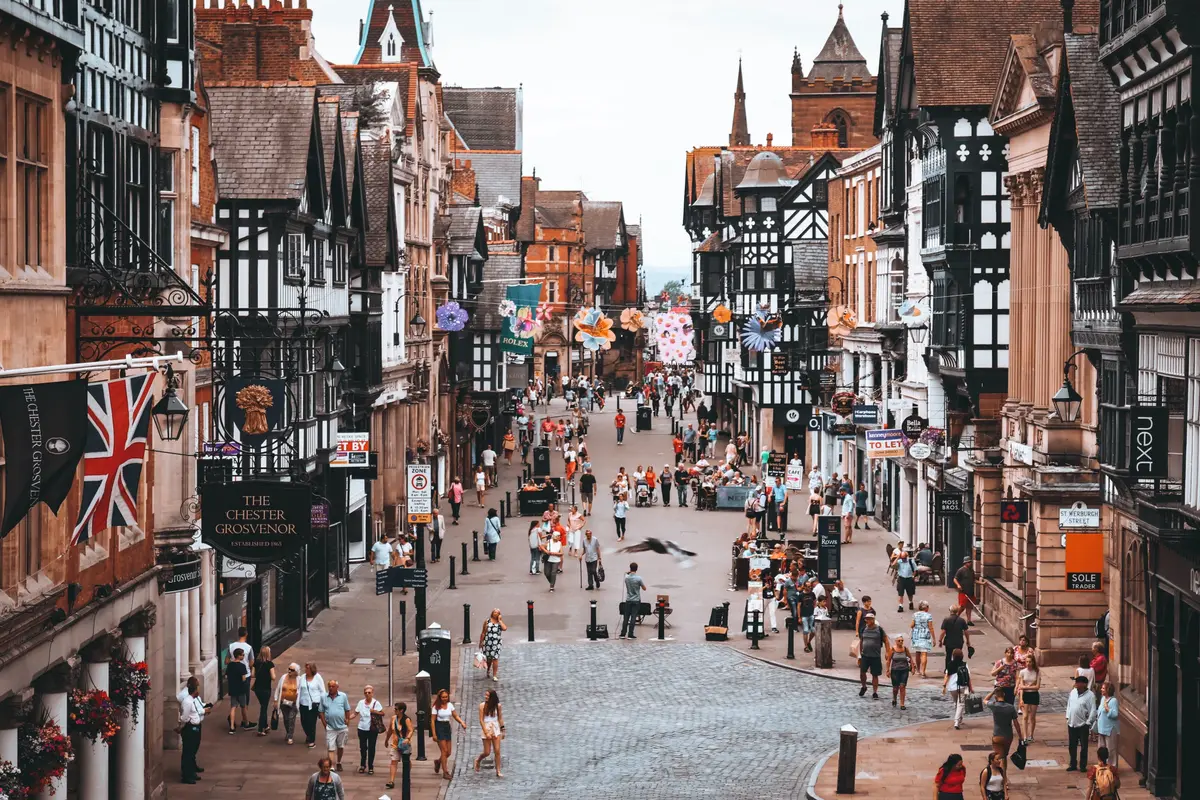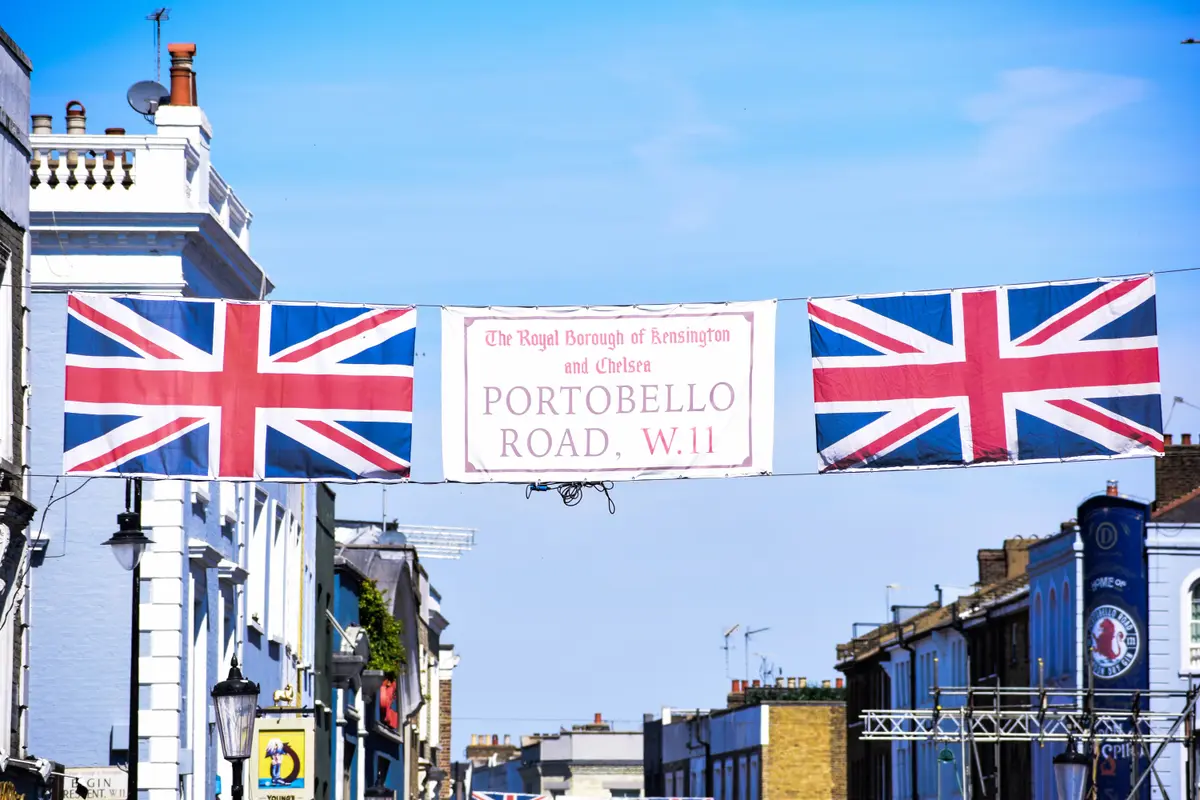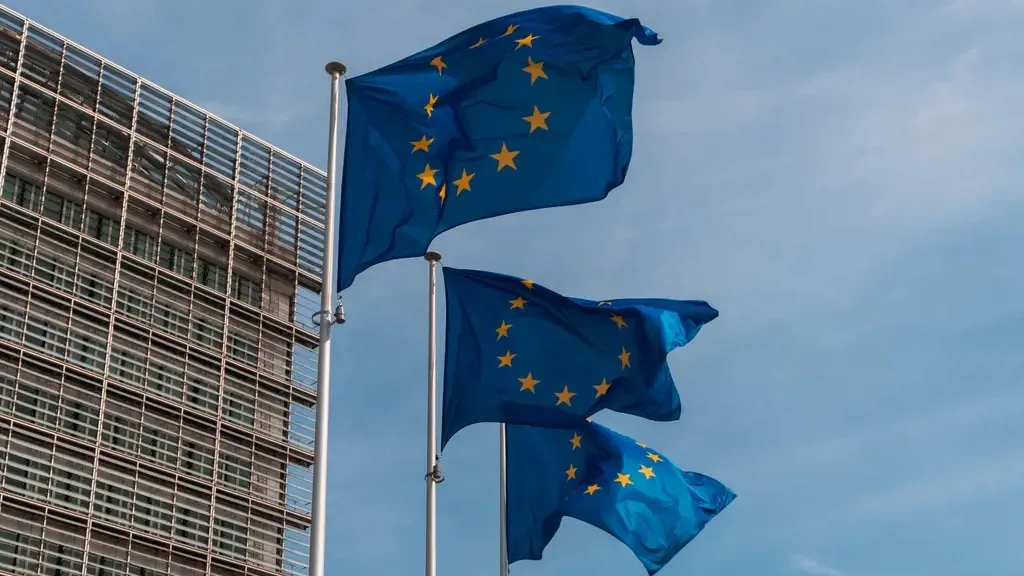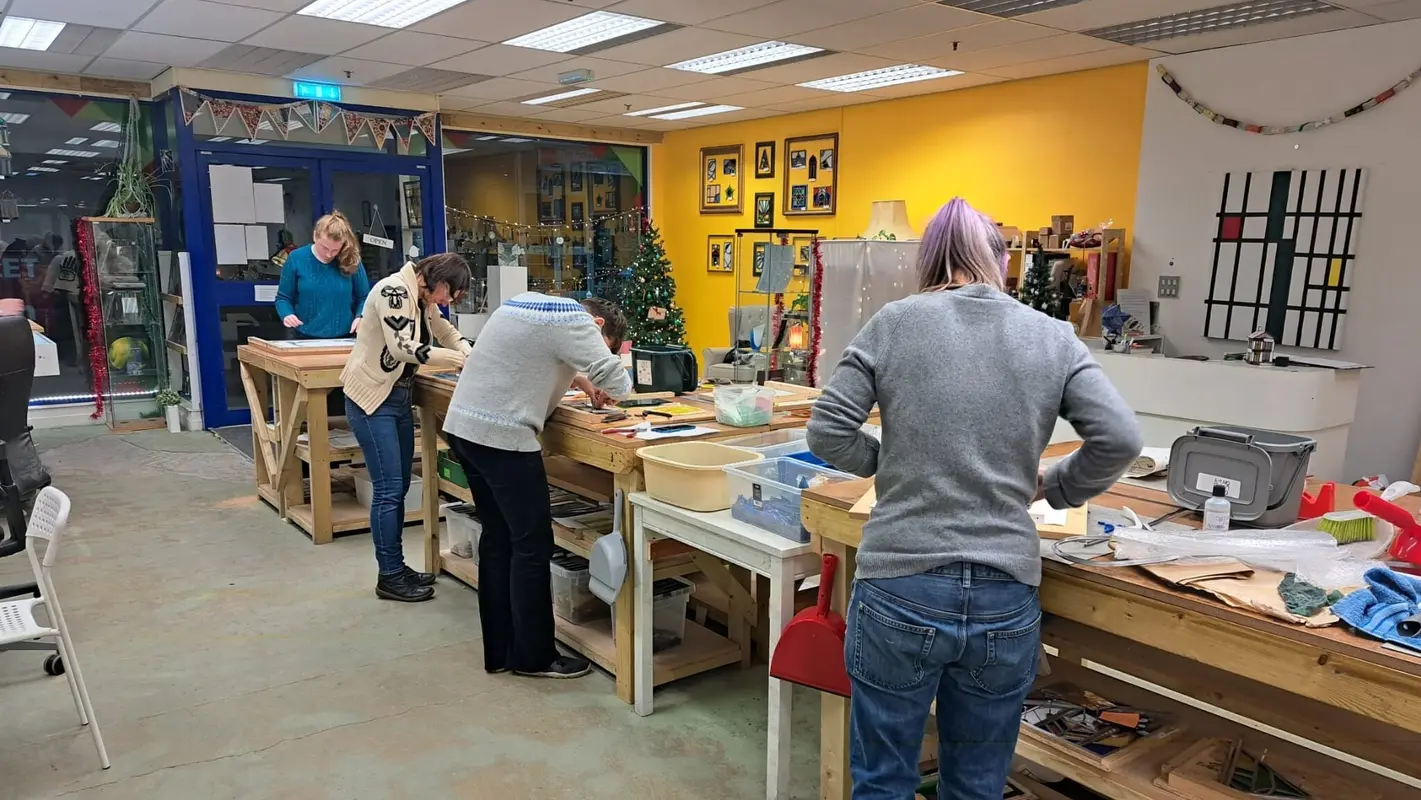In 2019, the UK’s live music sector was valued at over £1.3 billion. After almost a decade of strong growth the sector helped push the UK music’s overall GVA from £3.5 billion in 2012 to £5.8 billion in 2019, the outbreak of the global pandemic brought it to a near standstill.
There are a number of issues to consider in the broader process of recovering from the pandemic shutdown. Live music remains heavily impacted by the developing situation around Brexit, where further reciprocal engagement to facilitate touring will be productive. There is also a need for consideration of the long-term effects of national policies around matters like planning on local, small-scale cultural operators (grassroots venues and others).
Measures to tackle Covid-19 also obviously affected venues in Birmingham, as elsewhere. The main argument here focuses on recognising the importance of the live music ecosystem to the broader night-time economy, and the value of communication channels between musical stakeholders, local authorities and regional – as well as national – policymakers. The role of existing music representative bodies, and the emergence of new ones, was an important factor in the necessary work of trying to align top-down approaches, like the disbursement of national funds, and grassroots initiatives.
The authors conclude that a healthy live music ecology needs policymakers to take account of factors like planning and development, the spread of venues in different neighbourhoods – as well as within the city as a whole – and the effect of national policy on local provision. This points towards an important role for representative music bodies and emerging regional music boards in establishing impact assessments and serving as a forum for the development of a strategic approach that considers the musical economy in local, regional and national policies.
_____________________________________
Hero image by William Hook on Unsplash – Fall Out Boy playing Arena Birmingham in 2018
Related Discussion Papers
Demand for Creativity and AI Skills in the Post-ChatGPT Labour Market
This study examines the evolving relationship between employer demand for creativity and AI skills i…
Regional Trade Agreements, Cultural Provisions and Trade in Cultural Goods
Analysing the impact of Regional Trade Agreements on the bilateral trade of cultural goods from 1999…
International Trade Challenges and the Effectiveness of Support Measures for the UK’s Creative Industries
The formidable challenges confronting the UK’s creative industries in the realm of exports, st…
Northern England’s Creative Industries
The Creative Industries are already a driver of growth across the UK economy. Export-intensive and m…
Creative Destruction? Creative firms, workers and residential gentrification
A new study by Tasos Kitsos, Max Nathan, and Diana Gutierrez-Posada finds only a minor influence of …
Speaking with One Voice
A fundamental remit of the BBC, and other public service broadcasters (PSBs) like ITV and Channel 4,…
Transitioning to Sustainable Production across the UK Theatre Sector
This discussion paper examines transitional pathways to sustainable theatre production in the UK. By…
Identifying and analysing UK fashion micro-clusters
The UK’s Fashion and Textiles industry contributed almost £20 billion to the UK economy in 202…
Net Zero as a catalyst in fashion micro and small enterprises
This report identifies examples of work taking place across three levels of change – social, e…
The Motives of Inbound Foreign Direct Investors in the UK Creative Industries
The UK’s creative industries have a global reach. British arts, technology, and design are internati…
Brexit uncertainty and international trade in services: Evidence from the UK creative industries 2014-2019
This discussion paper is based on one of the first studies to look at the impact of Brexit on the Cr…
Working Together – Cooperatives as a creative industry business model
This authors looks at how creative workers and students typically understand cooperatives, explore t…












